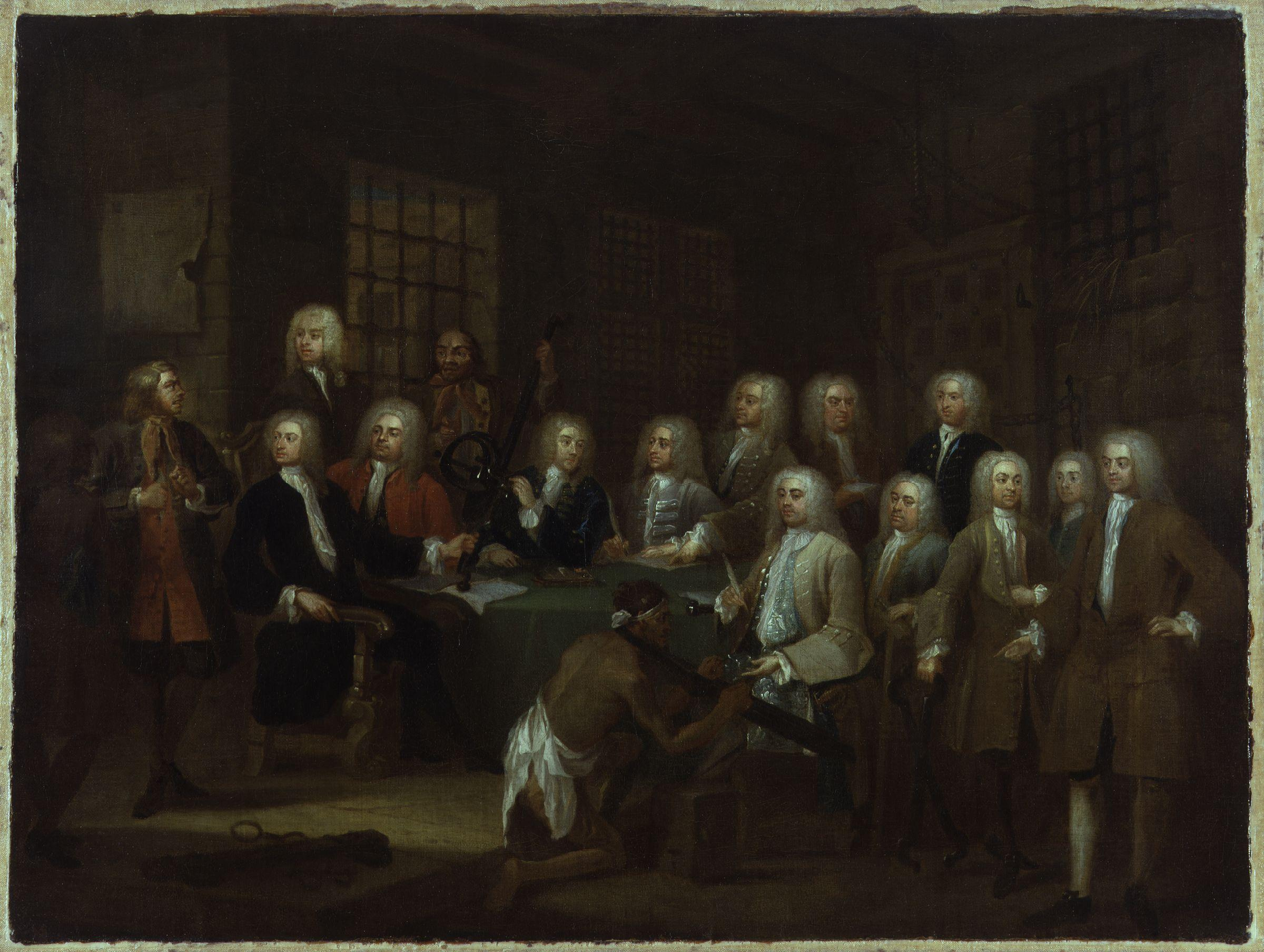|
Nescit Cedere
Nescit cedere is Latin for "He does not know how to give up." It is also the motto of Oglethorpe University, in reference to the school's namesake, James Oglethorpe, who allegedly persevered through seemingly inconquerable obstacles in order to found the colony of Province of Georgia, Georgia. It was adapted from the Oglethorpe family crest. References Latin mottos {{latin-vocab-stub ... [...More Info...] [...Related Items...] OR: [Wikipedia] [Google] [Baidu] |
Motto
A motto (derived from the Latin , 'mutter', by way of Italian , 'word' or 'sentence') is a sentence or phrase expressing a belief or purpose, or the general motivation or intention of an individual, family, social group, or organisation. Mottos (or mottoes) are usually found predominantly in written form (unlike slogans, which may also be expressed orally), and may stem from long traditions of social foundations, or from significant events, such as a civil war or a revolution. A motto may be in any language, but Latin has been widely used, especially in the Western world. Heraldry In heraldry, a motto is often found below the shield in a banderole; this placement stems from the Middle Ages, in which the vast majority of nobles possessed a coat of arms complete with a motto. In the case of Scottish heraldry, it is mandated to appear above the crest. Spanish coats of arms may display a motto in the bordure of the shield. In heraldic literature, the terms 'rallying cry' res ... [...More Info...] [...Related Items...] OR: [Wikipedia] [Google] [Baidu] |
Oglethorpe University
Oglethorpe University is a private college in Brookhaven, Georgia. It was chartered in 1835 and named in honor of General James Edward Oglethorpe, founder of the Colony of Georgia. History Oglethorpe University was chartered in 1834 in Midway, just south of Milledgeville, then the state capital. The school was built and, at that time, governed by the Presbyterian Church, making it one of the South's earliest denominational institutions. The American Civil War led to the school's closing in 1862. The college followed the relocation of the capital to Atlanta. In 1870, it began holding classes at the present site of Atlanta City Hall. Plagued by financial difficulties, the school closed its doors for a second time in 1872. Oglethorpe College was re-chartered as a non-denominational institution in 1913 by Thornwell Jacobs. In 1915 the cornerstone to the new campus was laid at its present location on Peachtree Road in Brookhaven. The cornerstone-laying ceremony took place ... [...More Info...] [...Related Items...] OR: [Wikipedia] [Google] [Baidu] |
James Oglethorpe
James Edward Oglethorpe (22 December 1696 – 30 June 1785) was a British soldier, Member of Parliament, and philanthropist, as well as the founder of the colony of Georgia in what was then British America. As a social reformer, he hoped to resettle Britain's "worthy poor" in the New World, initially focusing on those in debtors' prisons. Born to a prominent British family, Oglethorpe left college in England and a British Army commission to travel to France, where he attended a military academy before fighting under Prince Eugene of Savoy in the Austro-Turkish War (1716–1718), Austro-Turkish War. He returned to England in 1718, and was elected to the House of Commons of the United Kingdom, House of Commons in 1722. His early years were relatively undistinguished until 1729, when Oglethorpe was made chair of the Gaols Committee that investigated British debtors' prisons. After the report was published, to widespread attention, Oglethorpe and others began publicizing the idea o ... [...More Info...] [...Related Items...] OR: [Wikipedia] [Google] [Baidu] |
Colony
In modern parlance, a colony is a territory subject to a form of foreign rule. Though dominated by the foreign colonizers, colonies remain separate from the administration of the original country of the colonizers, the ''metropole, metropolitan state'' (or "mother country"). This administrative colonial separation makes colonies neither incorporated territories nor client states. Some colonies have been organized either as dependent territory, dependent territories that are Chapter XI of the United Nations Charter, not sufficiently self-governed, or as self-governing colony, self-governed colonies controlled by settler colonialism, colonial settlers. The term colony originates from the ancient rome, ancient Roman ''colonia (Roman), colonia'', a type of Roman settlement. Derived from ''colon-us'' (farmer, cultivator, planter, or settler), it carries with it the sense of 'farm' and 'landed estate'. Furthermore the term was used to refer to the older Greek ''apoikia'' (), which w ... [...More Info...] [...Related Items...] OR: [Wikipedia] [Google] [Baidu] |
Province Of Georgia
A province is almost always an administrative division within a country or state. The term derives from the ancient Roman ''provincia'', which was the major territorial and administrative unit of the Roman Empire's territorial possessions outside Italy. The term ''province'' has since been adopted by many countries. In some countries with no actual provinces, "the provinces" is a metaphorical term meaning "outside the capital city". While some provinces were produced artificially by colonial powers, others were formed around local groups with their own ethnic identities. Many have their own powers independent of central or federal authority, especially in Canada and Pakistan. In other countries, like China or France, provinces are the creation of central government, with very little autonomy. Etymology The English word ''province'' is attested since about 1330 and derives from the 13th-century Old French , which itself comes from the Latin word , which referred to the sphere ... [...More Info...] [...Related Items...] OR: [Wikipedia] [Google] [Baidu] |



